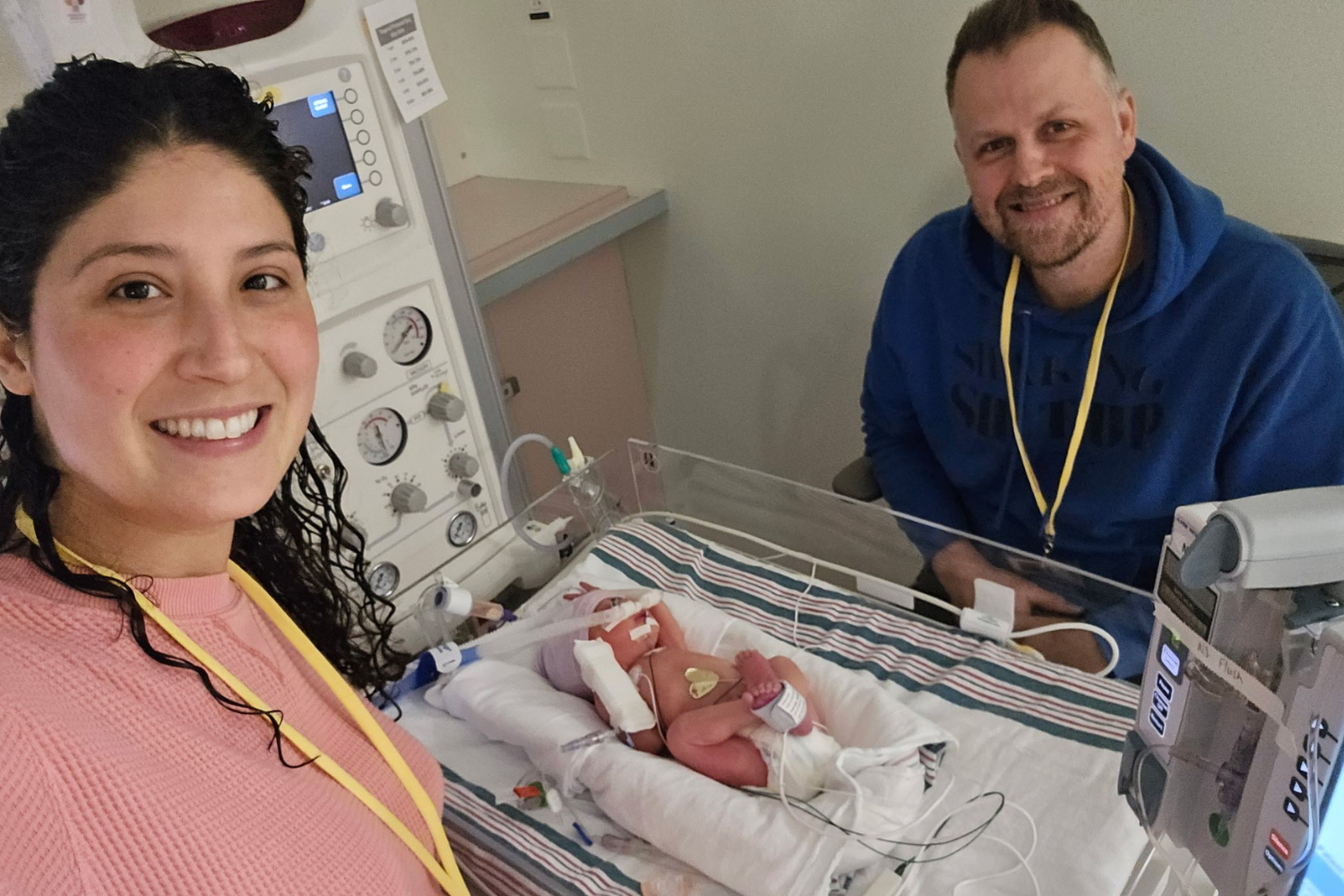In this Q & A article Dr. Andrew Chen, chief of the Division of Plastic Surgery at UConn Health, shares what’s trending in plastic surgery and the potential downsides of choosing destination plastic surgery overseas. Find out what you really need to know before considering an elective cosmetic surgery procedure, whether home or away.

How common is elective plastic surgery and who is seeking the procedures?
There is continued growth in cosmetic procedures. According to the latest American Society of Plastic Surgeons, last year over $16 billion was spent on cosmetic surgery and minimally-invasive procedures in the U.S. There has been a shift in the types of procedures patients have chosen since the start of the new millennium, with increased diversity in the areas of the body that are now being treated. A growing number of patients are electing to have rejuvenation, and there is a trend towards increasing numbers of younger patients and males seeking cosmetic improvement, in addition to the traditional population of more mature individuals.
What types of procedures are becoming more popular among women and men?
Of the over 1.7 million cosmetic surgical procedures done in the past year, the top five were: breast augmentation, liposuction, nose reshaping, tummy tuck, and buttock augmentation. There has been considerable growth in the number of lifts performed for breast, buttock, body, and arms. With advancements that have occurred in minimally invasive procedures, there has been significant interest and rise in the use of botulinum toxin (botox) and facial fillers, which offer the potential for enhancement with lower cost and less downtime. Popularity tends to follow social trends, with greater desire for buttock lift and augmentation arising through the media’s focus on backsides and growth in lip augmentation with the advent of ‘selfies.’
What are the potential concerns for patients traveling internationally for destination plastic surgery?
Cosmetic surgery tourism is a concerning practice. Remember, it is hard to put a price on your health and safety. Although patients may think that going overseas to have cosmetic surgery could be cheaper, this may not actually be the case. There are many hidden costs that may result from this, both practical and theoretical. Typically when providing a price for cosmetic surgery, surgeons in the U.S. include postoperative care and follow-up visits, which are not included (or paid for) when going overseas. Should the patient require further follow-up or treatments once they return to the U.S., they may have difficulty finding someone to take over their care, and may incur additional out-of-pocket expenses to be treated by the local physician. Also, it may be unrealistic to return to a foreign country for additional medical care.
Potential pitfalls include:
- Lack of follow-up care post-surgery;
- No continuity of care when you return home;
- Unknown information about the provider, their expertise and care standards;
- Unanswered questions about provider’s licensing and training;
- Uncertainty about the care facility, its sterility, safety standards, and equipment maintenance; and
- No legal recourse if there are any problems.
Potential dangers include:
- Infection from non-sterility;
- Surgical complications;
- Need for further procedures;
- Limited access to imaging or continued care in an emergency room;
- U.S. health records are unavailable overseas if you need additional care; and
- Overseas health records may be inaccessible by U.S. medical care teams.
What are the most important factors when selecting a plastic surgeon?
Among the factors to look for in selecting a plastic surgeon are board certification by the American Board of Plastic Surgery (ABPS), and membership in the American Society of Plastic Surgeons (ASPS). It is important to remember that cosmetic surgery is surgery, and carries with it attendant risks. By choosing a plastic surgeon certified by the ABPS, you can be assured that the surgeon has completed the appropriate training and passed comprehensive written and oral examinations covering all plastic surgery procedures. It is not only important to be aware of board certification, but also to know which board has certified the doctor. A provider who just claims ‘board certification’ could be certified in something other than plastic surgery. There are even some official-sounding boards and certifications that are not recognized by the American Board of Medical Specialties. Also, facilities should be properly accredited by certifying authorities in order to ensure that equipment and safety standards are met. One shortcut that may help patients is to look for a member of the American Society of Plastic Surgeons. All ASPS members need to have proper training and adhere to ethical standards, as well as being required to operate in accredited surgical facilities that have passed rigorous external review of equipment and staffing.
What resources are available for potential patients to confirm a plastic surgeon’s certifications and a facility’s safety?
Patients can verify a plastic surgeon’s certification status with the American Board of Plastic Surgery at www.abplasticsurgery.org. With respect to membership in the American Society of Plastic Surgeons, patients can look for look for the ASPS Member Surgeon Symbol of Excellence, which should only be used by members. Also, patients can use the free ‘Find a Plastic Surgeon’ tool on www.plasticsurgery.org. In addition, patients are urged to ask their surgeons regarding accreditation of the facility where their surgery is taking place. If the surgeon is a member of the ASPS, they are required to only operate in accredited facilities.
What services are available at UConn Health’s Division of Plastic Surgery?
Our plastic surgeons provide care for patients with a wide range of needs in the aesthetic and reconstructive realms. We provide state-of-the-art care that is tailored to the individual patient’s needs and desires. We perform a complete spectrum of cosmetic procedures for the face, breast and body, both surgical and non-invasive. Among these are rhinoplasty, eyelid surgery (blepharoplasty), facelift, brow lift, breast augmentation, breast lift, tummy tuck, liposuction, and body contouring procedures. In the reconstructive surgery sphere, we offer treatments for issues arising from congenital deformity, cancer, and trauma, including hand surgery, breast reconstruction, oncologic and trauma reconstruction.
To find out more about the Division of Plastic Surgery at UConn Health, visit: here.



